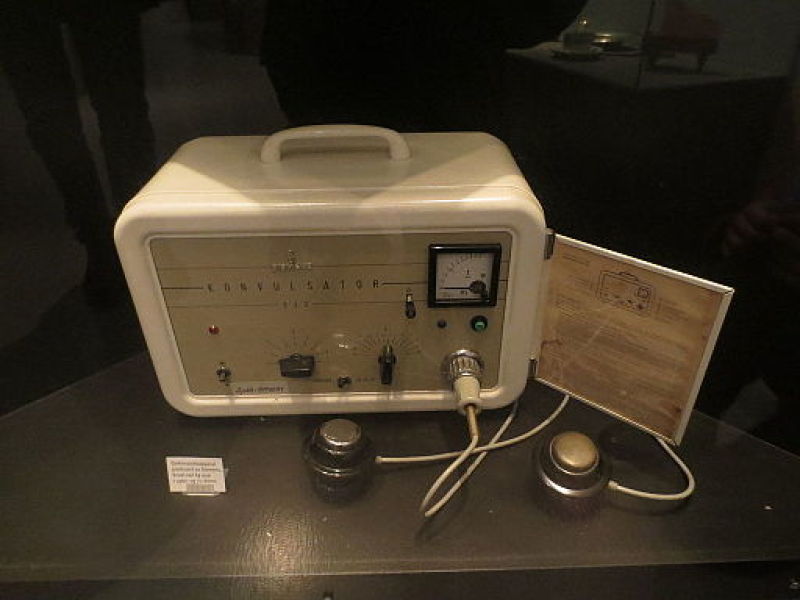

Female patients in mental health facilities in India are often forced to receive electroconvulsive therapy, ECT, just one of various abuses.
On Wednesday, the Human Rights Watch released a report detailing the abuse of women and girls in India's mental health facilities.
According to the report, a lack of government oversight resulted in poor conditions at institutions. Women and girls with intellectual and psychosocial disabilities are taken against their will to institutions in which they suffer "prolonged detention, unsanitary conditions, neglect, involuntary treatment and violence," according to the report.
The 106 pages in the report is based off of data from 24 mental hospitals and state residential care facilities, as well as over 200 interviews with women and girls with mental disabilities. The report is titled, "Treated Worse than Animals."
In India, there is a severe underfunding of institutions that are dedicated to mental health patients. This results in overcrowding, poor maintenance, and poor sanitation. For instance, in Pune Mental Hospital there are only 25 functioning toilets for 1,850 patients.
"We don't even get towels. We brush our teeth with tooth powder using our fingers. We change clothes every two days and have to stay naked while the laundry is being done," a 40-year-old patient told the Human Rights Watch.
The lack of government regulation at such facilities also results in the abuse of patients through involuntary treatment. A prominent example is the use of ECT, or electroconvulsive therapy. The treatment includes the use of nodes on the temples to pass electricity through the brain of patients.
"They fear this (ECT). We say, "if you don't take your medicine, we will take you to the ECT room' and immediately they say, "please don't take me to that room, I won't do that again,'" a nurse told the Human Rights Watch.
Those who are labeled as mentally disabled are deprived of legal rights. Once admitted to institutions they have little ability to communicate with those outside. Many of these institutions are in isolated locations. Patients have little to no means of expressing their mistreatment to those outside these institutions.
Harsh social stigma against individuals with mental disabilities further alienates them. Family members often abandon or hide their relatives with mental handicaps inside these institutions. Treatment at such institutions is worsened by the stigma. According to the report, many of the workers are untrained and describe the patients using degrading terms such as mad and mentally retarded.
Forced institutionalization, though forbidden by the government of India, is still prevalent due to the ability of courts to appoint guardians to those who have such disabilities. These guardians then have the legal capacity to institutionalize those with disabilities. An instance of such forced institutionalization is described in the report.
A 45-year-old woman named Vidya was forcefully taken from her home and placed in a mental health institution where she was given ECT against her will. She was in the hospital for over a month with no communication with her friends or family. Her husband intentionally placed her in the institution through the Mental Health Act. The Mental Health Act gave him the authority as her relative, or guardian, to place her in an institution without Vidya's consent nor a judicial review. According to Vidya, her husband wanted to label her as mentally disabled in order to divorce her without having to pay alimony.
Police are also able to pick up women and girls with mental disabilities who are wandering the streets and place them in institutions if they seem to be a possible threat to themselves or others. These women are unable to effectively appeal in court, and will be trapped unless family members come to take them back home.
Such problems result from the lack of government involvement, according to the Human Rights Watch. The organization released a statement on Wednesday that demands the government of India addresses these problems.



















